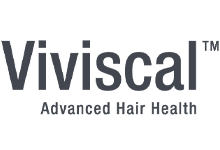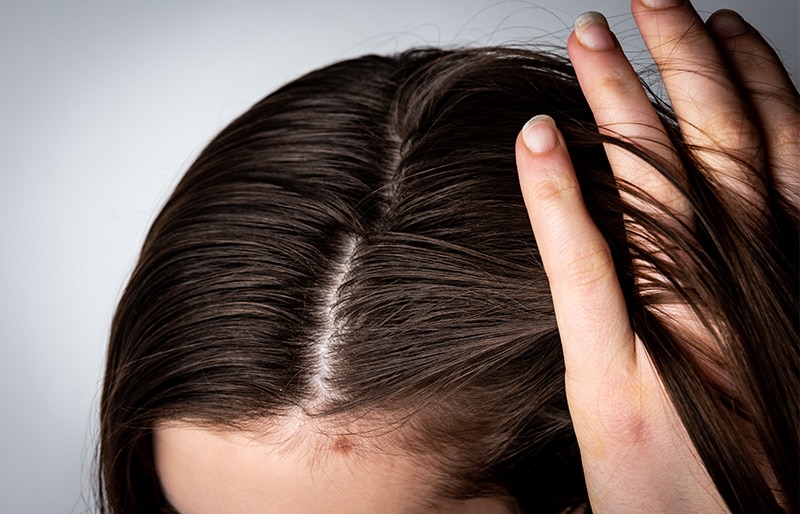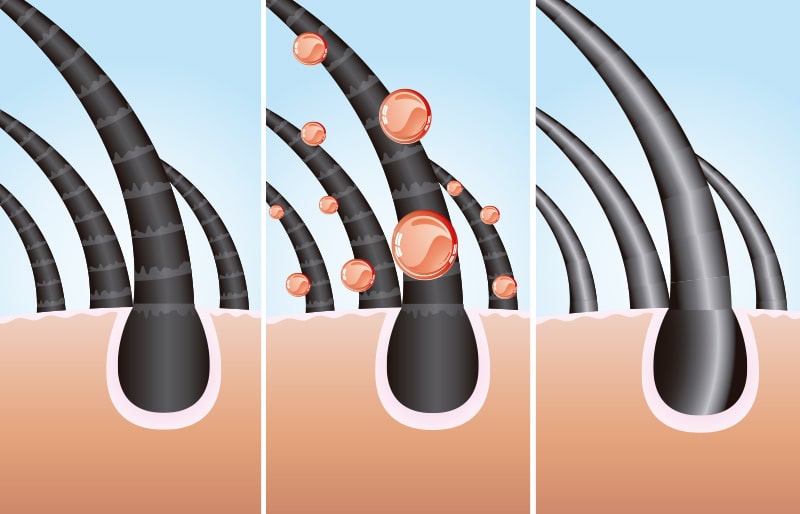Whether it’s a bald spot that seems to be getting bigger or a part that’s getting wider and wider, you most likely want to do something to fix a problem with thinning hair. These days, you have more options than attempting to style your hair to cover up the bald areas or wearing a wig. Hair restoration medications can make your remaining hair thicker or can stimulate new hair growth. At Premier Image Cosmetic and Laser Surgery, Dr. Louis DeJoseph can help you choose the medication that will best help you. Learn more about your options for hair restoration medications in Atlanta, Georgia.

Viviscal
Premier Image Cosmetic and Laser Surgery offer the full line of Viviscal Professional, including the supplement, shampoo, conditioner, and elixir. Viviscal supports healthy hair growth by providing the nutrients needed to restore the hair from inside. Viviscal is only available at leading medical practices, spas, and high-quality hair salons.
What Are Hair Restoration Medications?
Hair restoration medications are topical or oral medicines that help to stimulate hair growth or that block the hormones that trigger male pattern baldness. Some are drug-based while others are nutritional supplements that encourage hair growth. The medications can treat the following types of concern:
- Receding hairlines
- Bald spots
- Male/female pattern baldness
- Finer or thinning hair
What Types of Hair Restoration Medications Are Available?
Several options exist for people who are interested in taking medicine to restore their hair. Some products can be used by either men or women while others are designed for men only.

Viviscal
Viviscal is a drug-free dietary supplement that contains AminoMar®, a marine complex that promotes hair growth and provides nourishment to thinning hair. The supplement also contains nutrients that are known to promote hair growth, such as Vitamin C and Biotin.
The full Viviscal hair growth program includes the use of Viviscal Thin to Thick Shampoo and Conditioner as well as the Thin to Thick Elixir. The shampoo, conditioner and elixir are safe to use on all types of hair and are designed to enhance the effects you get from the oral supplement.

Propecia (Finasteride)
Finasteride, sold under the brand name Propecia, is a prescription medication for hair restoration. The medicine helps to slow down the process of male pattern baldness. It works by keeping the body from the production of 5-alpha reductase, an enzyme that controls the production of dihydrotestosterone (DHT). DHT causes damage to the hair follicles, causing them to shrink and eventually stop growing hair. In addition to stopping the loss of hair, Propecia might be able to encourage new hair growth.

Rogaine (Minoxidil)
Minoxidil is a vasodilator that was originally marketed as a medication for high blood pressure. By lucky coincidence, it was discovered that people who took the medicine also saw new hair growth. Today, minoxidil is also sold over-the-counter as a hair restoration treatment. You apply the product to the scalp to encourage the growth of new hair.
Minoxidil is available in formulations designed for men and in formulations designed for women. Although the product is effective in many patients, results can be slow to appear. To continue to see results from minoxidil, you need to continue to use the product regularly.

Who Is a Candidate for Hair Restoration Medication?
If you are concerned about thinning hair or have noticed bald spots or other signs of pattern baldness or hair loss, taking medication to restore your hair can help. Hair restoration medications can be ideal for people who have tried other methods to regrow their hair without seeing any results. Medications can also be a good option for a person who might consider hair restoration surgery in the future but who isn’t ready for it today.
While certain types of medication can be used by either men or women, some, such as finasteride, are only intended for male patients. Age can also affect a person’s candidacy for certain medicines. For example, men over the age of 60 might not see the same results from taking finasteride as younger patients.

How Do You Use Hair Restoration Medications?
Depending on the type, hair restoration medications are either taken orally or applied directly to the hair or scalp. For example, Propecia is usually taken once a day while Viviscal supplements are taken twice a day.
Products that contain minoxidil get applied directly to the scalp. How frequently you use them depends on your sex. Women should apply minoxidil once daily and men twice a day.
Patient Reviews
Do Hair Restoration Medications Cause Side Effects?
Whether a hair restoration product causes side effects or not depends in large part on the product. As a drug-free supplement, Viviscal generally does not cause side effects. However, since the supplement contains shellfish and fish ingredients, it’s not recommended for people who are allergic to those.
Minoxidil can cause side effects, but they are not very common. Itchiness or a rash in the area where the product is applied can occur but tends to be infrequent. The other side effects of minoxidil are very rare. They include increased hair loss, growth of facial hair, burning at the site of application, and swelling of the face.
It is possible, in very rare cases, for the body to absorb too much of the active ingredient in Minoxidil. When that occurs, a person might have vision changes, dizziness, changes in their heartbeat, and numbness in the face, feet, and hands.
Propecia can also cause side effects, ranging from chills to dizziness and from confusion to cold sweats. Less common side effects of the medication can include weight gain or loss, bloating, and itchiness. The medication can also cause notable changes in a man’s sex drive, as it increases testosterone levels. Some of those changes include a loss of interest in sex and an inability to keep an erection.